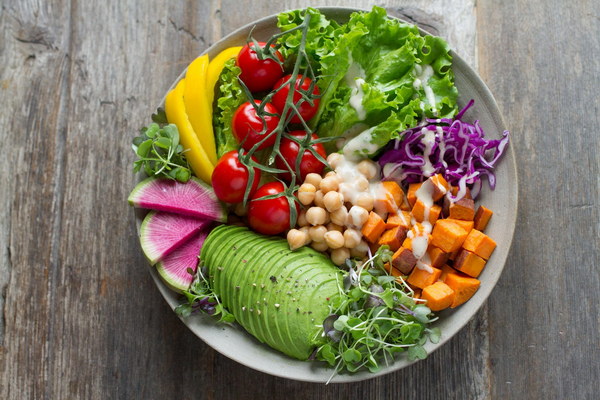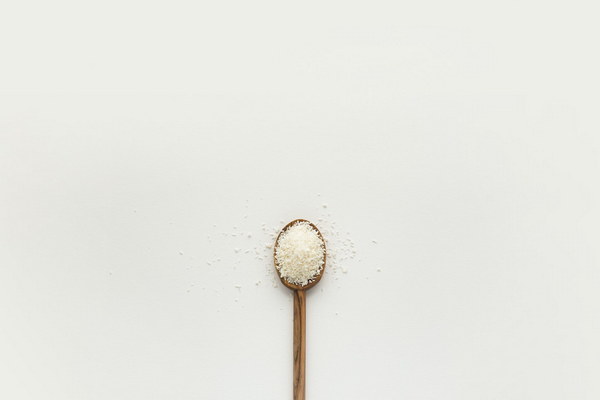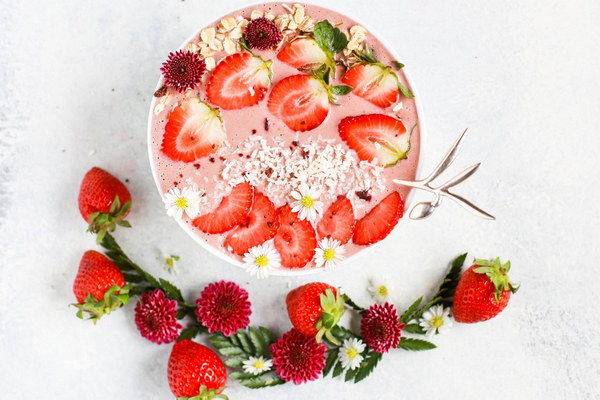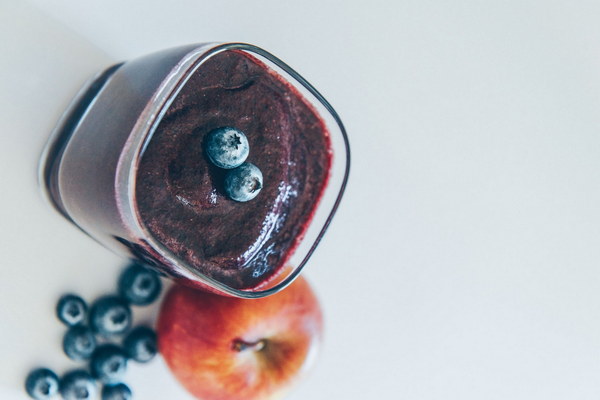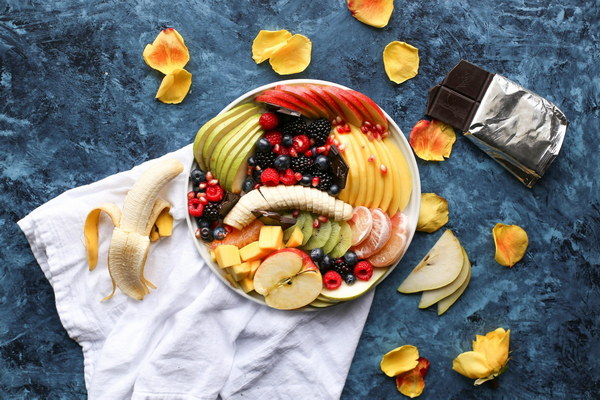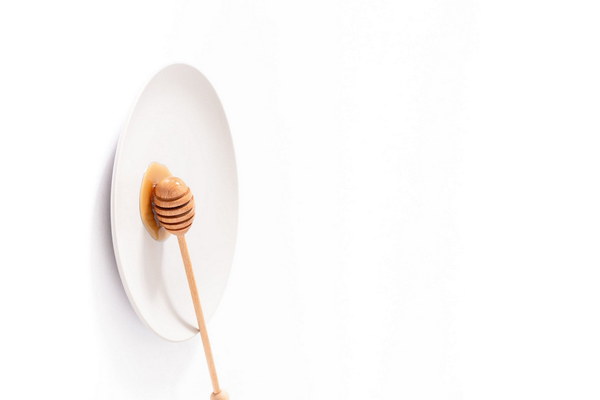Natural Remedies and Dietary Tips for Cancer-Related Urinary Incontinence A Holistic Approach
Urinary incontinence, a common problem faced by cancer patients, can significantly impact their quality of life. While medical treatments are available, many patients seek alternative methods to manage this condition. This article explores natural remedies and dietary tips for cancer-related urinary incontinence, offering a holistic approach to alleviate symptoms and improve overall well-being.
1. Natural Remedies
a. Bladder Training
Bladder training involves learning to hold urine for longer periods of time, gradually increasing the time between bathroom visits. This technique helps strengthen the bladder muscles and improve control over urinary function. To begin, set a timer to remind you to go to the bathroom every hour, gradually increasing the interval as you gain control.
b. Pelvic Floor Exercises
Pelvic floor exercises, also known as Kegel exercises, are designed to strengthen the muscles that support the bladder and urethra. These exercises can help reduce urinary incontinence symptoms. To perform Kegel exercises, tighten the muscles you use to stop urination, hold for three to five seconds, and then relax for three to five seconds. Aim to do 10-15 repetitions, three times a day.
c. Acupuncture
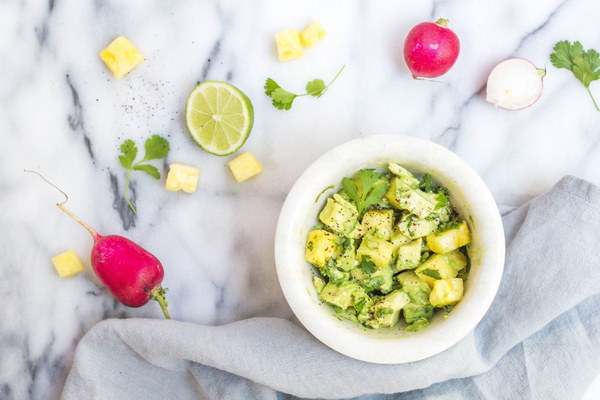
Acupuncture, an ancient Chinese practice, involves inserting fine needles into specific points on the body. Studies have shown that acupuncture can help alleviate urinary incontinence symptoms by reducing stress and improving bladder function. If you are interested in acupuncture, consult with a licensed practitioner to determine the best treatment plan for you.
2. Dietary Tips
a. Hydrate Properly
Drinking plenty of water throughout the day is essential for maintaining healthy bladder function. However, avoid drinking large amounts of fluid before bedtime to prevent frequent nighttime urination. Aim for eight to ten glasses of water a day, and adjust your intake based on your body's needs.
b. Reduce Caffeine and Alcohol Intake
Caffeine and alcohol can irritate the bladder and increase the frequency of urination. Reduce your intake of these substances, especially in the evening, to minimize nighttime bathroom trips. Opt for herbal teas or decaffeinated beverages as healthier alternatives.
c. Avoid Bladder Irritants
Certain foods and beverages can irritate the bladder and exacerbate urinary incontinence symptoms. Common irritants include spicy foods, citrus fruits, chocolate, and artificial sweeteners. Keep a food diary to identify any potential triggers and adjust your diet accordingly.
d. Increase Fiber Intake
A diet rich in fiber can help prevent constipation, which can put additional pressure on the bladder and worsen urinary incontinence symptoms. Include plenty of fruits, vegetables, whole grains, and legumes in your diet to maintain regular bowel movements.
e. Maintain a Healthy Weight
Excess weight can put pressure on the bladder, leading to urinary incontinence. Maintaining a healthy weight through a balanced diet and regular exercise can help reduce symptoms.
In conclusion, cancer-related urinary incontinence can be a challenging condition to manage. However, by incorporating natural remedies and dietary tips into your daily routine, you can alleviate symptoms and improve your overall well-being. Consult with your healthcare provider before making any significant changes to your treatment plan. Remember, a holistic approach to managing urinary incontinence can make a significant difference in your quality of life.
